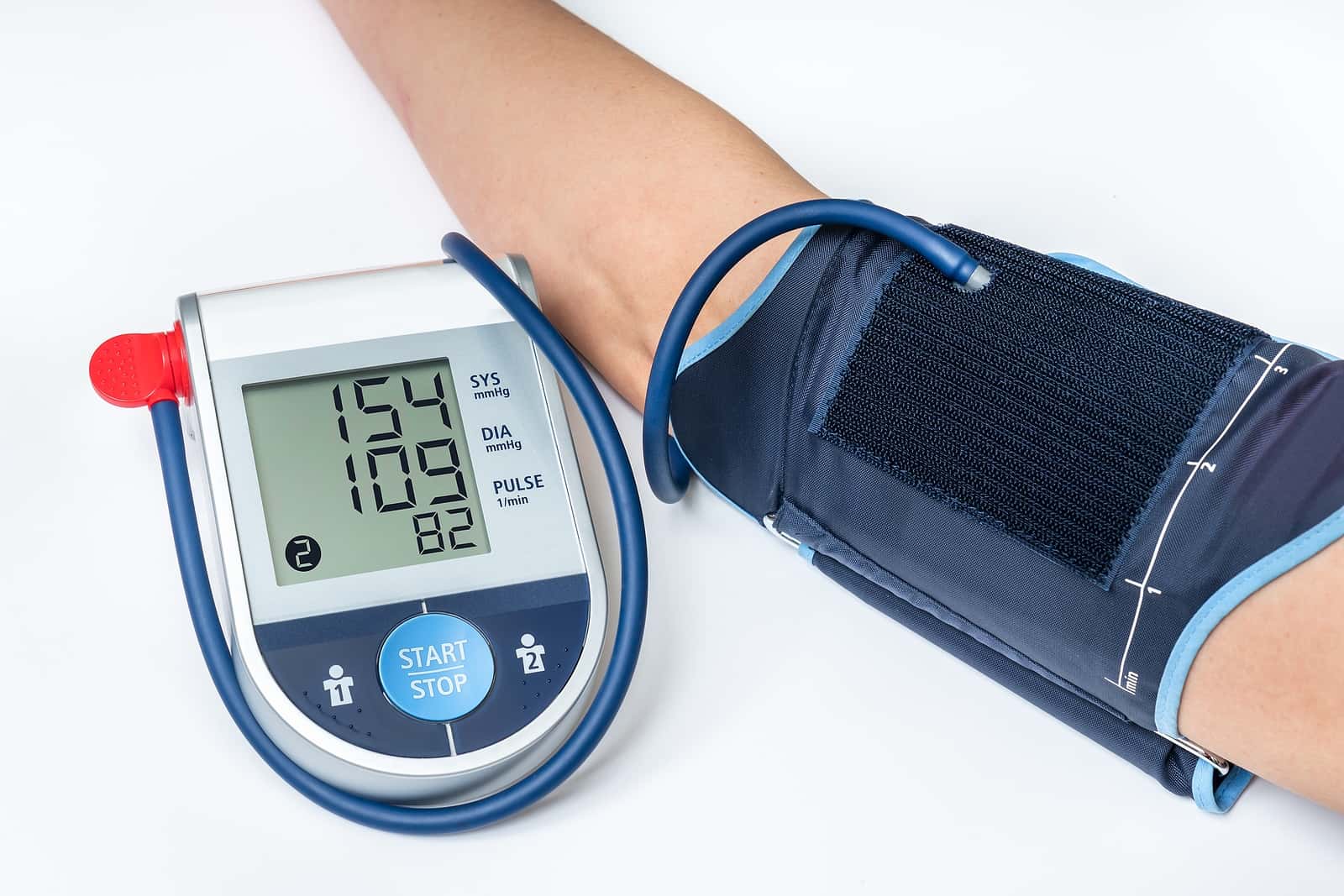
If you were going to buy a new car, a laptop computer or a coffee maker, you’d want to know how to get the best buy for your money. Instead of relying on advertising from the manufacturer, you might turn to an unbiased evaluation from an objective source such as Consumer Reports (CR). You might think that doctors would have just such a resource to determine which blood pressure medications work best. You would be wrong. There is no place where prescribers can compare the benefits and risks of the drugs they recommend to their patients. Fortunately, though, there have been some studies that have evaluated different medicines to treat hypertension. The study that we have relied upon for a long time is ALLHAT. It has been ongoing for 23 years. What does it tell us about the most frequently prescribed BP drugs?
A CR-Type Analysis of BP Meds from the Wayback Machine:
The reason we love Consumer Reports is that their head-to-head comparisons of so many products allows people to find out which cars are safest, most reliable, comfortable and fuel efficient. “Best buy” recommendations make it easy to select a good value, whether it is a car, a computer or a coffee maker.
Using such a resource, a teenager can make a more informed decision about buying a smart phone than most doctors can make about prescribing a blood pressure pill or a heartburn medicine. The FDA requires only that a drug company prove that its product is better than an inactive sugar pill. As long as the medication works better than a placebo and is relatively safe, it usually gets approval.
That doesn’t tell physicians or patients how well a particular drug stacks up against its competitors. Is Nexium really better than Prilosec or Prevacid for relieving heartburn? Does Zoloft alleviate depression better than Prozac? Which one has fewer side effects?
Without head-to-head comparisons, many doctors make their choices based more on drug company promotion than objective research. It probably came as a great shock to many physicians when an old-fashioned, inexpensive diuretic outperformed more expensive blood pressure medicines. The large, long-term study was called the Antihypertensive and Lipid-Lowering Treatment to Prevent Heart Attack Trial (ALLHAT). It was funded primarily by the federal government (JAMA, May 21, 2003). An inexpensive water pill called chlorthalidone did as well or better than far pricier drugs like amlodipine (Norvasc), lisinopril (Zestril) or doxazosin (Cardura).
Fast Forward to 2023: Which Blood Pressure Medications Work Best These Days?
The ALLHAT trial has now gathered data for up to 23 years. Researchers analyzed the follow-up data to detect any differences in mortality among the three different types of treatment (JAMA Network Open, Dec. 1, 2023). There were 32,800 volunteers who started the trial.
Cardiovascular mortality and most other outcomes were quite similar among the three groups. However, an earlier analysis had shown a higher rate of heart failure among participants taking the calcium channel blocker amlodipine compared to the diuretic chlorthalidone.
In this analysis, people taking the ACE inhibitor lisinopril were 11% more likely to have a stroke than those on the diuretic. Their risk of dying from a stroke was 19% higher than if they had been taking chlorthalidone. These risks were apparent long after the trial period ended.
Final Words:
We suspect that very few prescribers are aware of the ALLHAT trial. Few will take the time do dig into the data. Should the new results change prescribing patterns? The authors did not make any recommendations.
We offer our eGuide to Blood Pressure Solutions. It can be found under the Health eGuides tab. The next time you see your health care provider, why not ask how she decides which blood pressure medicine to prescribe? We would be very interested in the answer. Does she provide any non-drug options? Please share your own experience with blood pressure control in the comment section below.
Citations
- Psaty, B.M., et al, "Health Outcomes Associated With Various Antihypertensive Therapies Used as First-Line Agents A Network Meta-analysis," JAMA, May 21, 2003, doi:10.1001/jama.289.19.2534
- Yamal, J-M., et al, "Mortality and Morbidity Among Individuals With Hypertension Receiving a Diuretic, ACE Inhibitor, or Calcium Channel Blocker," JAMA Network Open, Dec. 6, 2023, doi: 10.1001/jamanetworkopen.2023.44998

